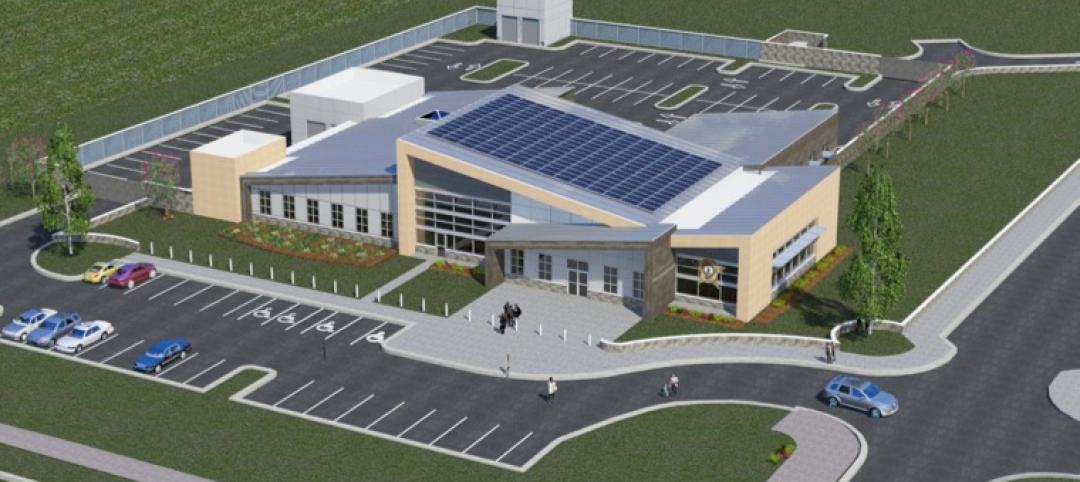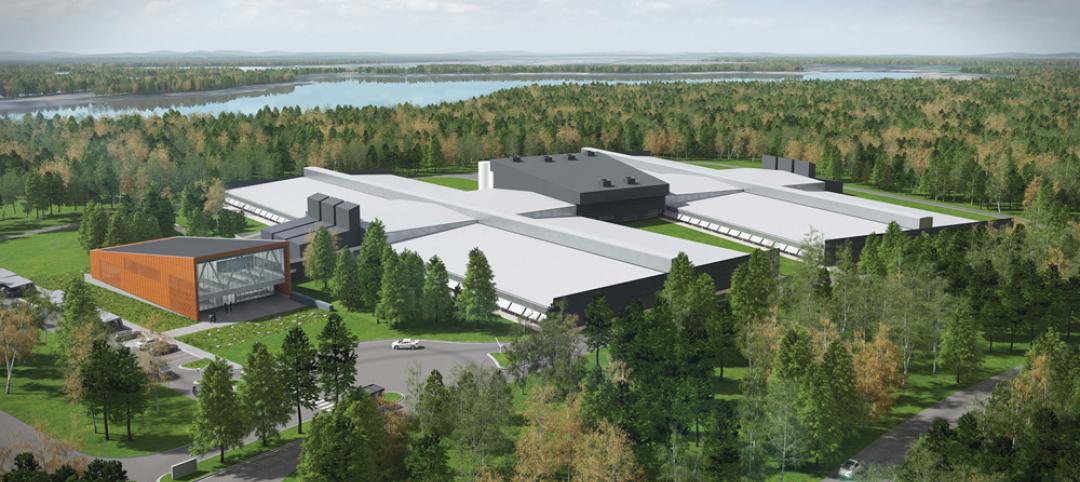Several articles with recommendations about what Houston can do to become more flood-resilient have emerged since Hurricane Harvey struck.
The keys, say experts, are better land use planning and more green infrastructure. Above all, the city should acknowledge that more floods are likely and plan accordingly.
Officials have encouraged development, even in low-lying areas, as an engine of economic growth. Instead, the city should consider more initiatives such as a planned buyout of two low-income apartment complexes so that the area can be repurposed as a flood basin that doubles as a park.
Harris County, which includes Houston, should limit new development in remaining wetlands and prairies to preserve water-absorbing acreage. New approaches to building design could also make a difference.
For example, a new hospital in Corpus Christi, a city which was also struck by Harvey, includes oversized roof drains, space for food and water storage for four days, emergency generators that can provide power for five days, and hurricane-resistant exterior materials. Green roofs and rain gardens, both cost-effective features, could also have a measurable impact if deployed at scale.
Related Stories
| Aug 14, 2014
Boards at odds over North Carolina county’s CM-at-Risk policy
Some local small contractors are not pleased with the school board’s CM-at-Risk policy that was instituted in 2007. The county’s board of commissioners has offered a sympathetic ear to their complaints
| Aug 14, 2014
2014 National Electrical Code now effective in 12 states; 11 more to come online by January
The National Fire Protection Association (NFPA) says that the 2014 edition of the National Electrical Code(NEC) is now effective in 12 states: Alabama, Colorado, Idaho, Maine, Massachusetts, Minnesota, New Mexico, Rhode Island, South Dakota, Vermont, Washington and Wyoming.
| Aug 14, 2014
CDC report highlights need for heat acclimatization to prevent worker deaths
CDC supports OSHA’s analysis suggesting that the primary risk factor for heat fatalities is the lack of acclimatization programs.
| Aug 8, 2014
California revives study of earthquake faults
California reinstituted an ambitious plan to study dangerous earthquake faults and create zoning maps that could restrict development.
| Aug 6, 2014
Loudoun County, Virginia may dump green building requirements
Loudoun County, Va., supervisors may do away with a county policy that requires LEED Silver certification on new county buildings.
| Aug 6, 2014
$300 million mixed-use project in Chicago’s medical district wins key approval
The Illinois Medical District Commission approved a 1.16 million-sf, $300 million mixed-use project in Chicago’s Illinois Medical District.
| Aug 4, 2014
Facebook’s prefab data center concept aims to slash construction time in half
Less than a year after opening its ultra-green, hydropowered data center facility in Luleå, Sweden, Facebook is back at it in Mother Svea with yet another novel approach to data center design.
| Jul 31, 2014
LEED Dynamic Plaque gives owners and tenants ability to monitor building performance
The LEED Dynamic Plaque could aid certified buildings in maintaining performance with up-to-date information about water and energy use, waste reduction efforts, occupant experience, and other green performance categories.
| Jul 31, 2014
Gypsum Association releases updates to wallboard repair standards
The Gypsum Association released updates to both GA-221 Repair of Joint Ridging and GA-222 Repairing Screw or Nail Pops standards publications.
| Jul 31, 2014
Cambridge, Mass., is latest locale to require energy usage disclosure
The City Council of Cambridge, Mass., approved the Building Energy Usage and Disclosure Ordinance (BEUDO) that requires benchmarking and disclosure of building energy performance for large commercial, institutional, and multifamily buildings.













